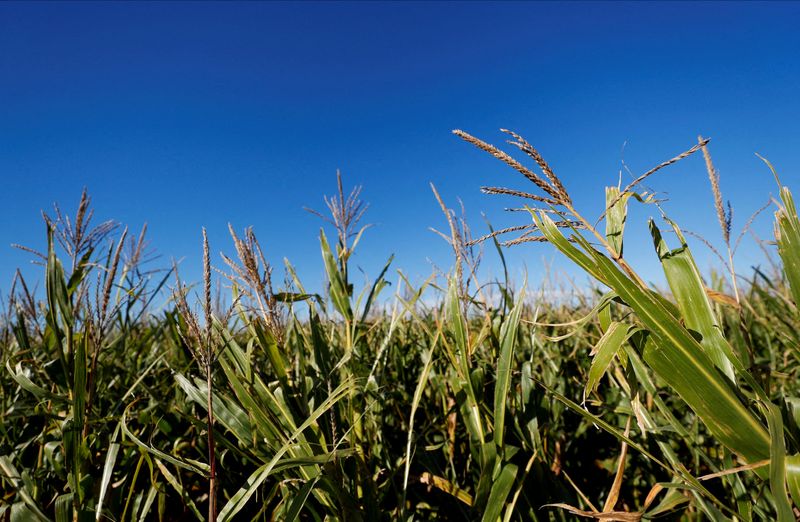BUENOS AIRES (Reuters) - Argentina's government proposed a bill Monday to tax companies that earn "extraordinary income" from the war in Ukraine, a measure that would particularly affect the country's grains industry.
The measure is seen as an attempt by Argentina's center-left government to reduce the fiscal deficit and help Latin America's third-largest economy deal with galloping inflation, which is on track to exceed 70% this year.
The bill aims to levy an additional 15% tax on companies with profits of over 1 billion pesos (about $8.3 million) in 2022 whose profit margin is either more than 10% in real terms or is 20% higher than in 2021.
Analysts say sectors like food, energy and agriculture would be most affected, given that Argentina is one of the largest suppliers of grains and meat in the world.
The proposal will have to be approved by Congress, where it will need the support of an opposition that has already voiced its rejection.
The bill is endorsed by the International Monetary Fund (IMF), with whom Argentina recently restructured a $44 billion debt.

"There are sectors that have benefited from the war due to the rise in commodities," said Economy Minister Martin Guzman when presenting the bill to Congress alongside President Alberto Fernandez.
(Exchange rate: 1 dollar = 121.11 pesos)